BEYOND CUISINE
a white paper


a white paper



The global conversation around food is evolving beyond taste and tradition to encompass health, sustainability, and equity. Historically, food guides and institutions have dictated what constitutes "the best cuisine," often overlooking scientific research, gender disparities, and sustainability factors. Inspired by Danielle Nierenberg’s recent article Why Food Could Be The Best Medicine Of All and ongoing discussions on diversity in food leadership, this white paper explores what truly defines "the healthiest cuisine." By comparing the pros and cons of Japanese, Mediterranean, French, Nordic, and emerging fusion cuisines, we analyze their nutritional benefits, sustainability, and cultural significance. Through the lens of top chefs and researchers, we highlight how the future of health-focused, luxury cuisine must embrace sustainability, equity, and ethical sourcing.

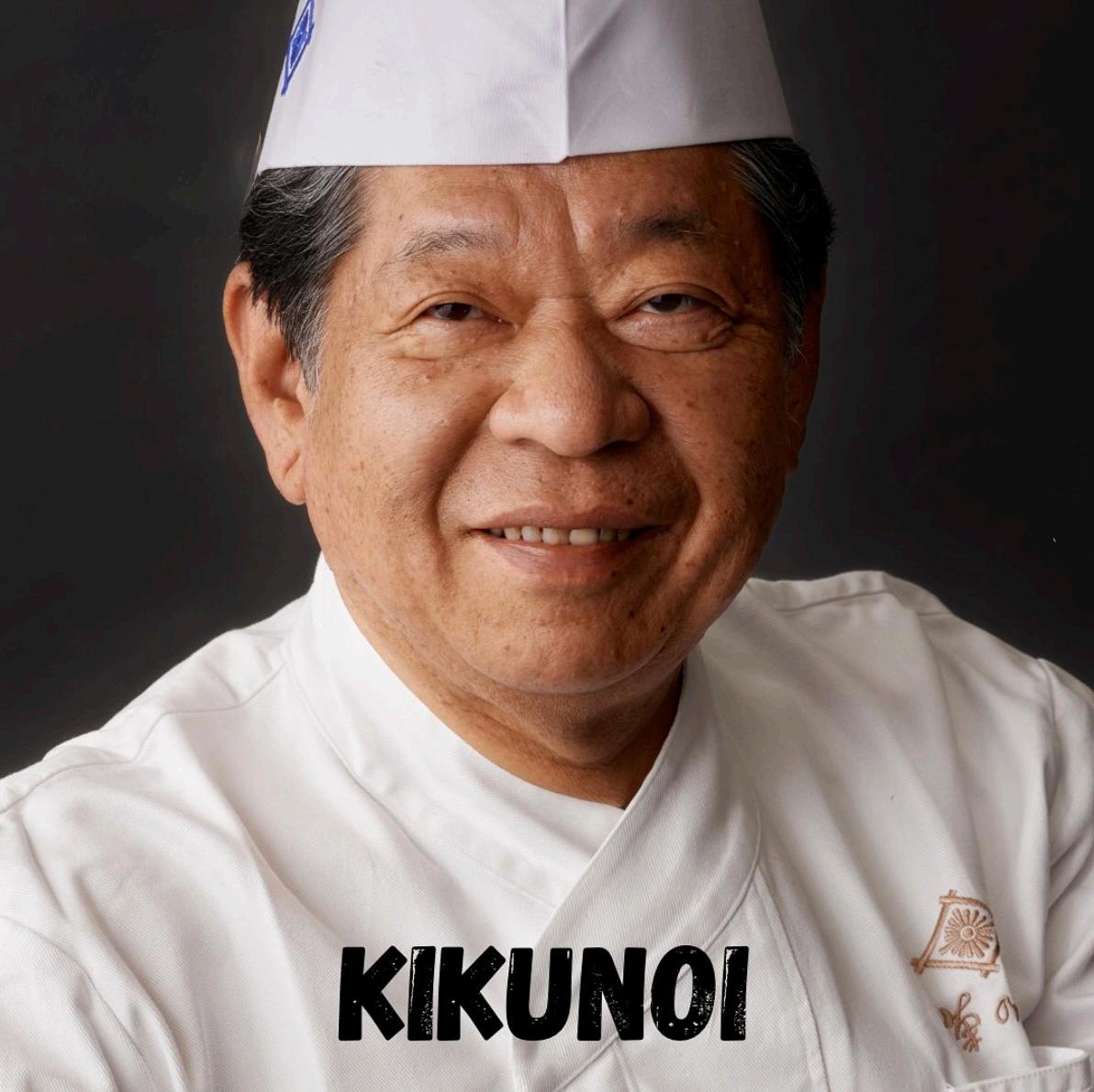



A truly healthy cuisine goes beyond nutritional benefits to consider:
• Nutritional density: Vitamins, minerals, antioxidants.
• Macronutrient balance: Carbs, proteins, fats.
• Cardiovascular benefits: Risk reduction for heart disease.
• Gut health: The role of fermentation, fiber, and probiotics.
• Longevity: Insights from Blue Zones and dietary studies.
• Sustainability: Ethical sourcing, food waste reduction, biodiversity.
• Cultural inclusivity: Recognizing food as an expression of diversity and heritage.
1. Japanese Cuisine
• Strengths: Rich in omega-3 fatty acids (fish), fermented foods (miso, natto), seasonal vegetables, portion control.
• Weaknesses: High sodium (soy sauce, miso), risk of mercury in fish.
• Scientific Research: The Okinawan diet is linked to longevity due to high vegetable intake, low-calorie meals, and gut-friendly fermented foods.
2. Mediterranean Cuisine (Italian, Greek, Spanish)
• Strengths: Olive oil, fresh produce, whole grains, lean proteins.
• Weaknesses: Excess refined carbohydrates (white pasta, bread).
• Scientific Research: Numerous studies show the Mediterranean diet lowers cardiovascular risk and inflammation.
3. French Cuisine
• Strengths: Emphasis on fresh ingredients, small portions, moderate wine consumption.
• Weaknesses: High in butter, cheese, and red meat.
• Scientific Research: The "French Paradox" suggests that despite rich food, portion control and fresh ingredients contribute to longevity.
4. Nordic Cuisine
• Strengths: High in omega-3s (fish), fiber-rich rye, berries, root vegetables.
• Weaknesses: Heavy use of salt-cured and fermented foods.
• Scientific Research: The New Nordic Diet has been shown to reduce inflammation and metabolic disease.
5. Fusion & Modern Food Movements
• Strengths: Innovative plant-based proteins, nutrient-dense superfoods, fermentation techniques.
• Weaknesses: Potential reliance on processed plant-based alternatives.
• Scientific Research: Functional foods (adaptogens, gut-friendly bacteria) are gaining traction for preventive health benefits.
Based on nutritional value, sustainability, and health impact, a comparative scorecard ranks cuisines based on longevity, heart health, gut health, and anti-inflammatory properties. The findings suggest that Mediterranean and Japanese cuisines offer the best balance of nutrition and sustainability, with Nordic and emerging plant-based diets contributing innovative, health-focused approaches.
• Ethical sourcing: Local, organic, and regenerative agriculture.
• Food waste reduction: Zero-waste cooking, upcycled ingredients.
• Planetary health: EAT-Lancet guidelines for sustainable eating.

Ángel León focuses on utilizing underappreciated marine resources. He states, "The sea is the larder of the future." His approach promotes biodiversity and offers nutrient-rich ingredients, aligning with sustainable and
Dan Barber advocates for a holistic approach to food production and consumption. He states, "The pursuit of flavor is the surest way to economic and ecological sustainability." This perspective underscores the connection
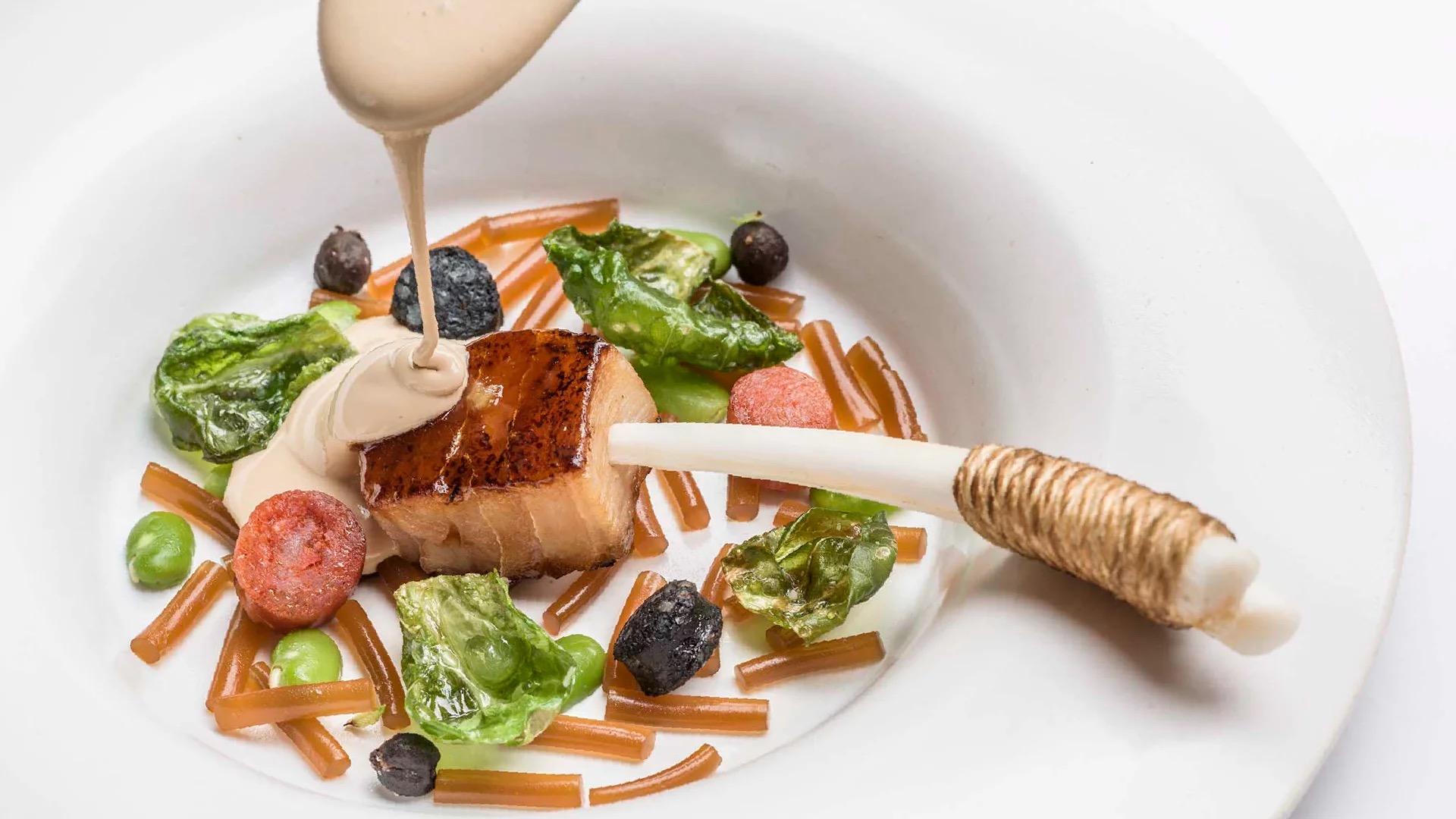
Research indicates that traditional Japanese and Mediterranean diets are associated with lower risks of cardiovascular diseases. A study published in the European Journal of Public Health found that these diets, rich in plant-based foods and healthy fats, contribute to reduced incidence of chronic illnesses.
Additionally, the Nordic diet, emphasizing whole grains, fatty fish, and root vegetables, has been linked to beneficial health effects. A review in Frontiers in Nutrition highlighted that adherence to the Nordic diet is associated with lower all-cause and cardiovascular mortality.

Yoshihiro Murata (Japanese Kaiseki Cuisine)
• Focus: Seasonal, balanced, aesthetically mindful dishes.
• Health Benefits: Rich in antioxidants, probiotics, and omega-3s.
• Sustainability: Minimal waste, precise portioning.
• Website: https://www.kyoto-kitcho.com/




Barber (Sustainable Farm-to-Table, US)
• Focus: Whole foods, soil health, local sourcing.
Health Benefits: Nutrient-dense, organic, fiber-rich.
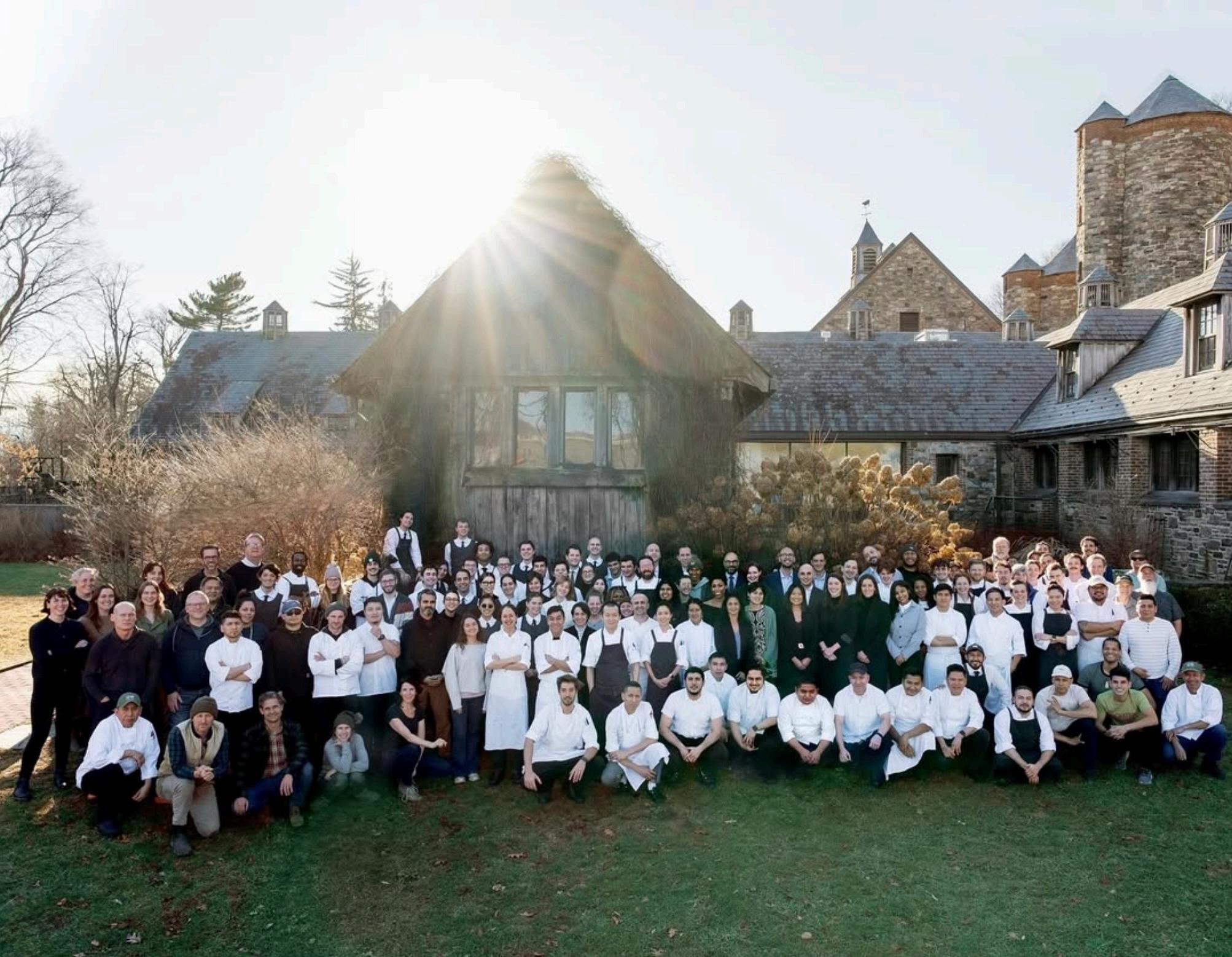

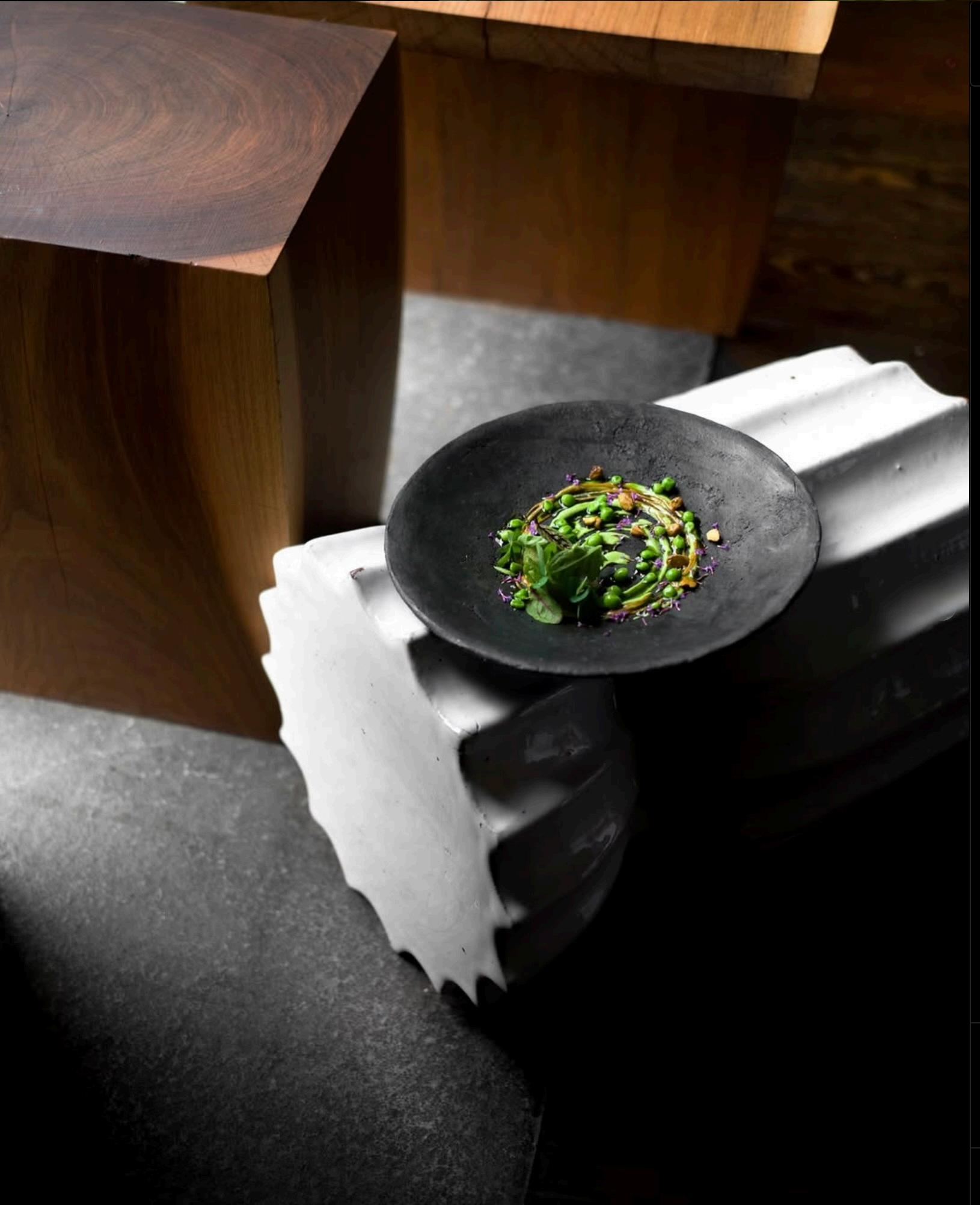
Massimo Bottura (Italian, Zero-Waste Fine Dining)
• Focus: Creative reuse of surplus ingredients.
• Health Benefits: Traditional Mediterranean principles with sustainability.
• Sustainability: Food for Soul initiative combats waste.
• Website: https://www.osteriafrancescana.it/



René Redzepi (Nordic Cuisine & Fermentation)
• Focus: Foraging, fermentation, seasonal eating.
• Health Benefits: Probiotic-rich foods for gut health.
• Sustainability: Indigenous ingredients, ecosystem preservation.


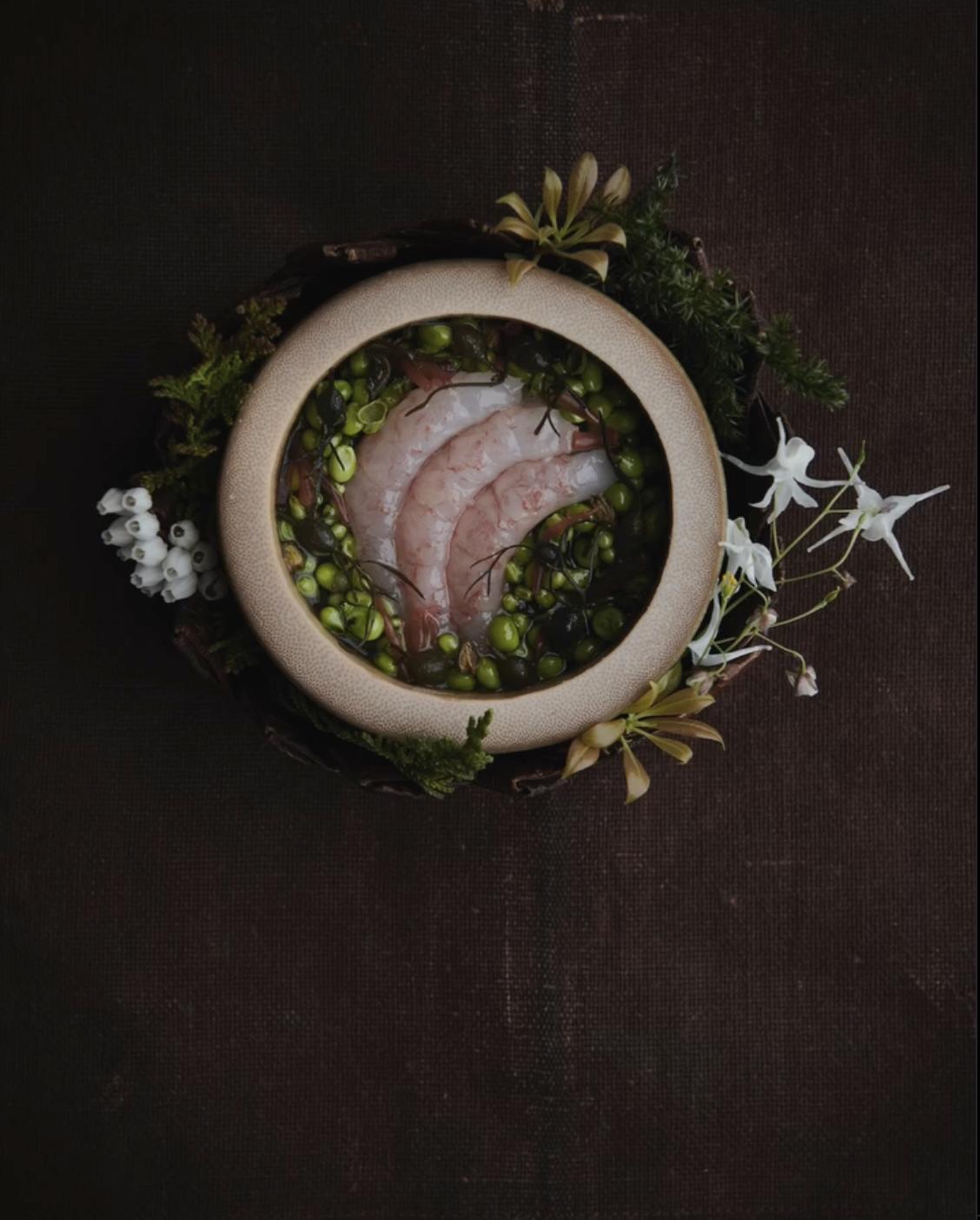
Ángel León (Marine-Based Sustainability in Cuisine)
• Focus: Underrated seafood, marine plants.
• Health Benefits: Omega-3-rich, nutritionally diverse marine foods.
• Sustainability: Promotes biodiversity in marine ecosystems.
• Website: https://www.aponiente.com/

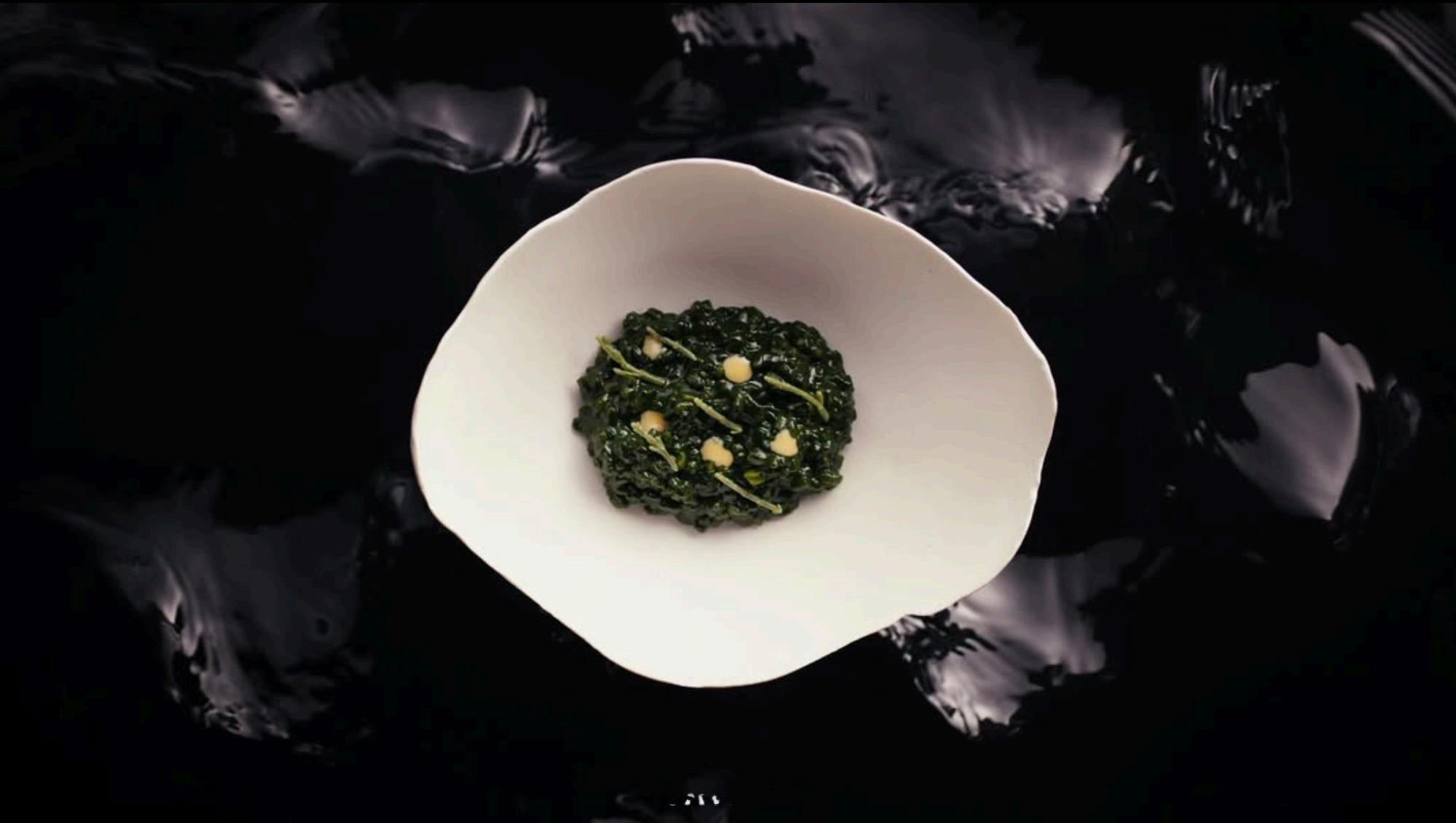
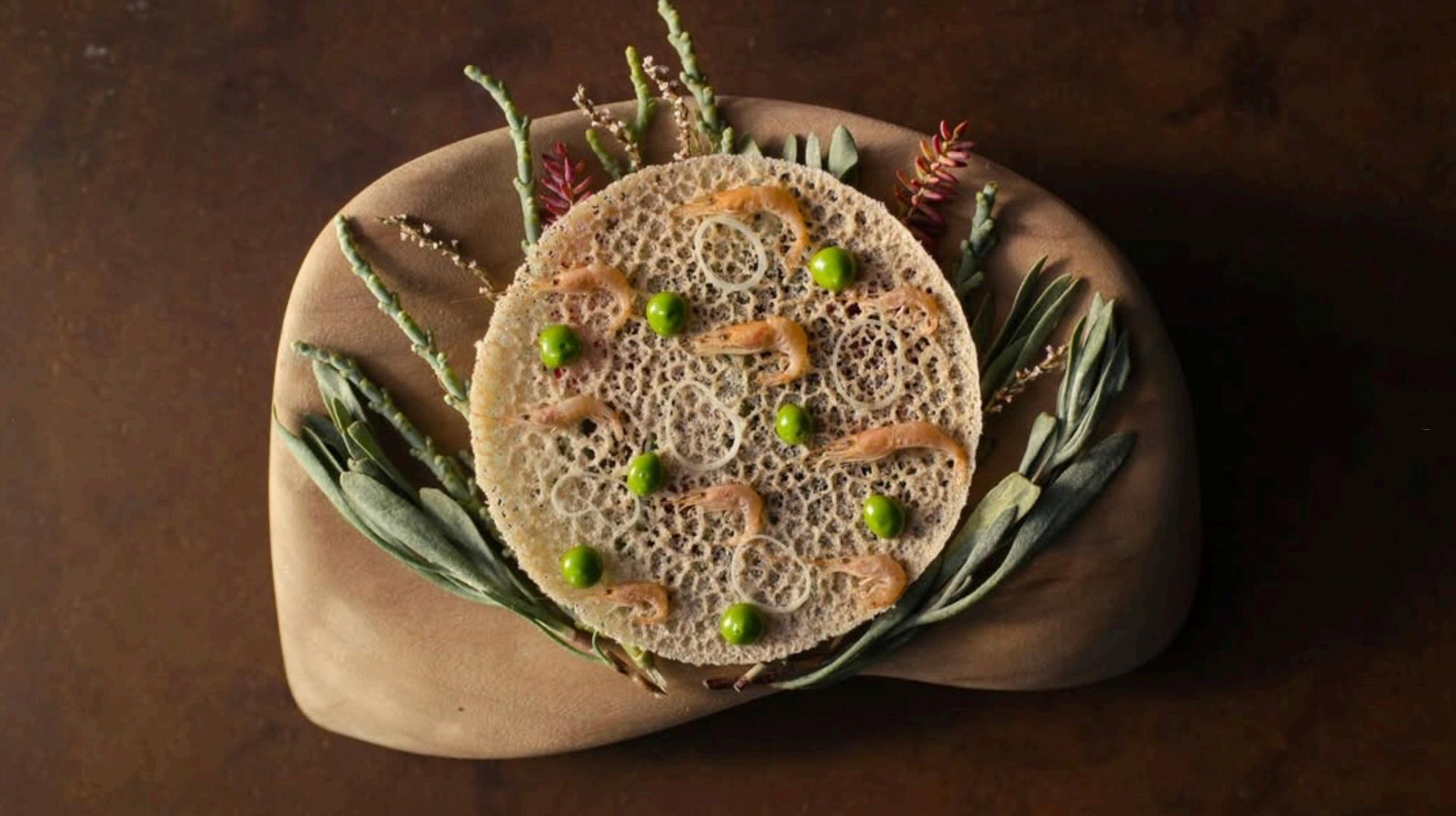
Luxury dining must evolve to integrate health, sustainability, and inclusivity. A shift toward nutrient-dense, responsibly sourced ingredients can redefine high-end gastronomy while promoting biodiversity and ethical food practices. This paper proposes a Sustainable Luxury Healthy Cuisine Pledge, encouraging industry leaders to adopt practices that prioritize wellness for both humans and the planet.
The healthiest cuisine is one that balances tradition, nutrition, and sustainability. The Mediterranean and Japanese diets emerge as top contenders, but elements from Nordic, plant-based, and fusion cuisines offer innovative pathways to future health-conscious gastronomy. To achieve a healthier food future, collaboration between chefs, policymakers, and consumers is essential, ensuring diversity, sustainability, and ethical practices shape the next era of global cuisine.
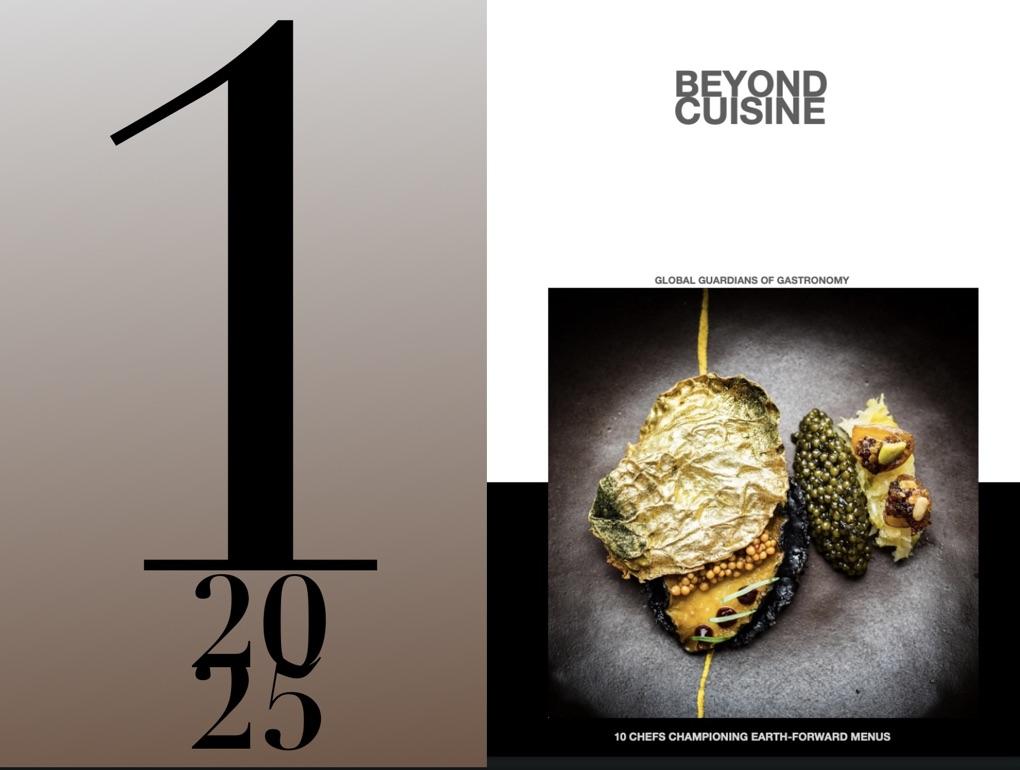
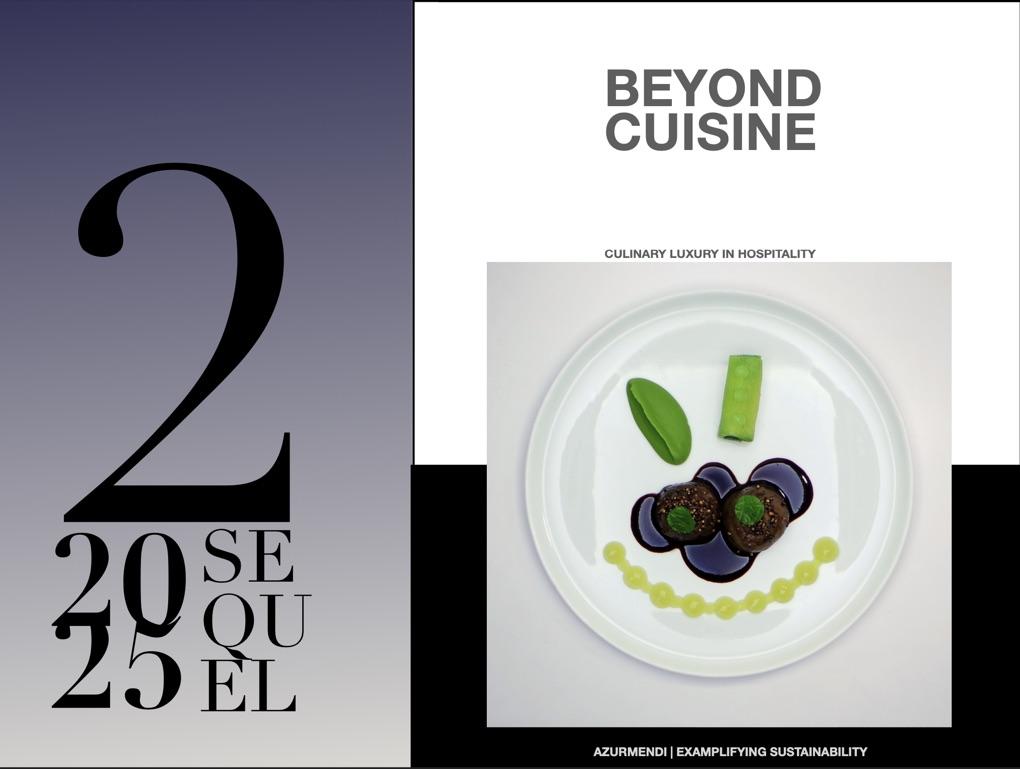
Title: DEEPERLUXURY
Collated by: CHC-CoutureHospitalityConcept
In Collaboration with: HoteliersGuild
Publisher: CHC Publishing
Editorial Coordination: Frank M. Pfaller
Date of Publication: March. 2025
Contact: info@HoteliersGuild.com
Websites: www.HoteliersGuild.com
www.SelectedHotels.biz
All rights reserved. No part of this publication may be reproduced or transmitted in any form without prior written permission from the publisher. The content reflects the editorial perspective of the authors and contributors.
